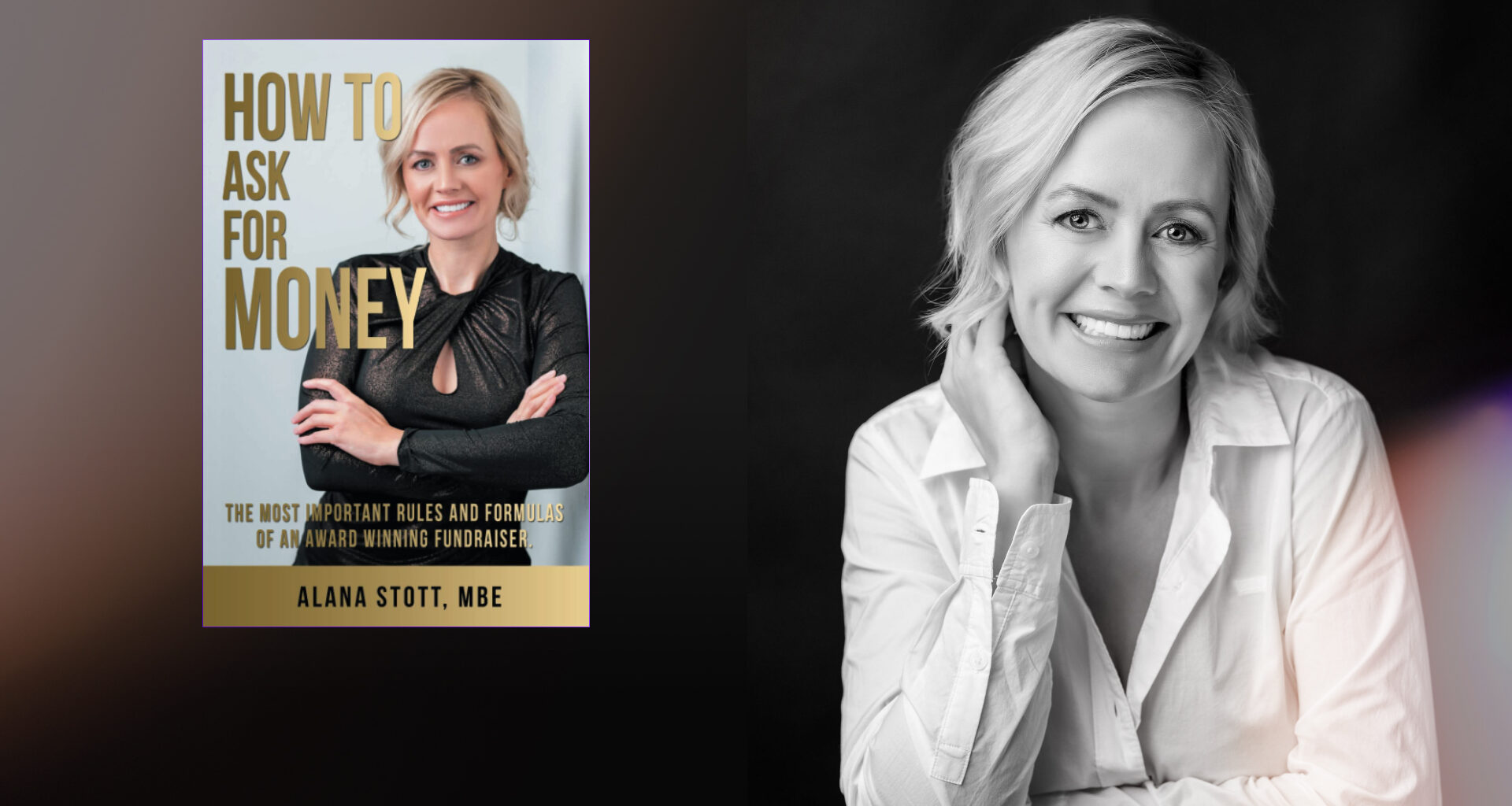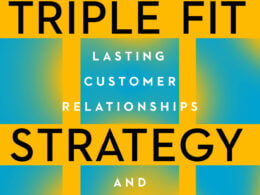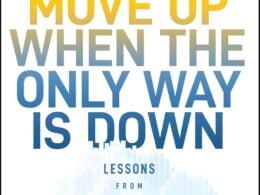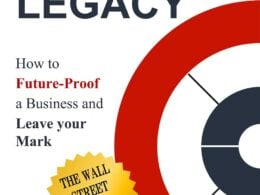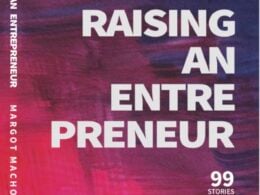It doesn’t matter who you are or how much of it you have, people don’t like to talk about money, much less ask for it. Over her two decades of experience raising funds for organizations, non-profits, and business ventures, Alana Stott MBE has learned that most people are terrified to ask for money. But not Stott, for her, it’s just getting on with business.
In her new book, “How To Ask For Money,” Stott brings together more than 20 years of expertise in raising money to share the proven formula she’s developed through her myriad experiences.
Readers will discover how to:
- leverage eight key motivators to achieve success;
- overcome the fear of rejection and the fear of the unknown;
- approach donors and deliver successful pitches with confidence;
- hire the right funding consultant for your nonprofit or business;
- become successful in asking for money.
“Many people are scared and don’t know where to start when it comes to asking for money. They think that you have to be aggressive or have a thick skin.” claims Stott, “If you want someone to invest in your idea or donate to your cause, you’ll be one step closer to your goal simply by asking.”
Yet, Stott acknowledges that “asking is only the first step”. Stott has honed her system over the years and created the MAPS method: Mindset, Accountability, Planning and Strategy, which she’s taught to dozens of non-profits, sports teams, and Fortune 500s that, by their accounts, have helped raise millions of dollars. Through her book, she hopes millions more are raised by those who need it most.
Level Up Your Digital Skills: Free Right Now with Verizon Small Business
In an excerpt from her new book, Alana addresses the monster in the room, FEAR.
What is fear?
Firstly, I want to say I have read many a book about fear, many that are written by, well, shall I say, “the tough guy”, the “hard man” who will tell you fear doesn’t exist, it’s all about how tough you are, that fear is something associated with weak people and real badasses never get scared. Well, I am here to tell you if you hear or read that, then you are entitled to call bullshit! For years I have worked alongside some of the toughest, meanest badasses any nation has produced, the world’s best of the best, guys who make “The Expendables” look like the “Bubble guppies”, heck I even married one of them! One thing I can tell you for sure about every one of them is that they ALL get scared sometimes. Every one of them feels fear, no one is immune.
So, what do you think of when you think of fear? Do you go to the scary movies as a child, your biggest phobias, exciting theme parks, loss, grief, or an anxious situation? Fear can be described in many ways, and it is defined as an unpleasant, often strong emotion caused by anticipation or awareness of danger or perceived danger. But does an unpleasant emotion equate to a negative emotion? Fear can actually be a very healthy emotion giving you a warning to your nervous system or ‘gut’ to initiate your survival instincts. Fear becomes unhealthy when we allow it to take over, to control our rational thinking making it irrational and preventing us from doing things.
Fear comes in two forms, first, there is the SURVIVAL FEAR, this occurs when there is a belief that someone or something is dangerous and likely to cause pain, harm or is a threat to you in general. It is a survival response that can trigger strong physical responses. When fear is present, your amygdala is triggered. The amygdala is a small mass found deep in the temporal lobe which operates our fight, flight or freezes instincts.
Public speaking, failure, rejection, and judgement are some of the top ten biggest fears people possess, and yes, all of these are involved in asking for money can trigger all these fears, kicking your amygdala into action causing the release of cortisol and adrenaline (your stress hormones) preparing your body to fight or run. You may start to perspire, have difficulty speaking, your heart is racing, and you experience a cold, sweaty feeling with goosebumps all over. Needless to say, this is not the perfect mix for standing in front of a group of investors asking for money.
The second form of fear is PLEASURE FEAR. Back to being a kid, and do you remember those times when you were still afraid of the dark, mom and dad have done all the checks and tucked you into the monster-free zone. You are settled and safe, so mom and dad head downstairs for a little alone time. That joyous moment of peace where they can kick back, kid free and watch a grown-up movie. You have been told you can’t watch it, it’s for grown-ups, it’s too scary, and that’s why they wait for you to go to bed before they turn it in.
As grown-ups, we actively seek out this type of fear, The Exorcist, IT, The Conjuring are all up there in the highest-grossing movies of all time. Haunted house-style experiences in the USA are a $300 million-dollar-a-year industry, and the amusement park market is worth $45.2 billion globally. As a nation, we spent phenomenal amounts of our hard-earned cash to be scared out of our wits on a regular basis.
The difference between survival and pleasure fear is that pleasure is staged, you have made the choice to experience this, and you trust that those involved have followed all the safety checks, it feels less of an unknown and something you have more control over. The staged experience produces more dopamine than cortisol, so all the negative responses associated with survival fear and replaced with acceleration and excitement. The difference between both responses is simply what hormone is produced and how your body is now reacting to it. So, is it possible to control this, to trick your brain, to make your body respond to survival fear in the same way that it does with pleasure fear?
I will show you how to tackle that monster under the bed and make him more like your roller coaster. You will discover how, with a few simple steps, you can switch your brain and its response when you are faced with F.E.A.R.
F for Failure
E for Embarrassment
A for Anticipation
R for Regret


